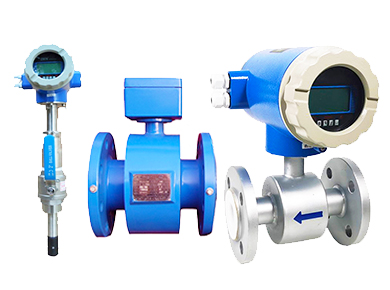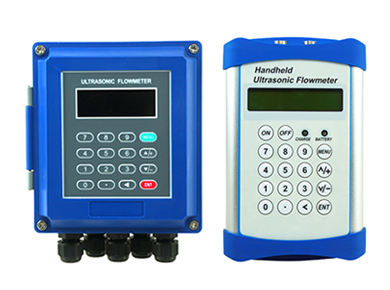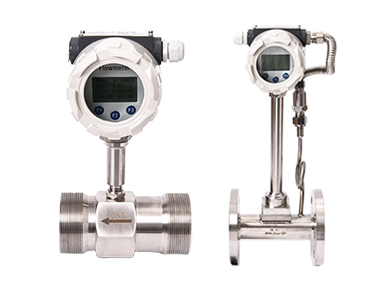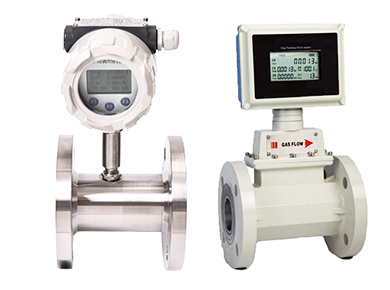Products
Advanced Flowmeter Production Technology, Complete Product Portfolio
Helps Your Business Succeed
Consistent product quality, safety, process optimization and environmental protection – these are just a few reasons why industrial flow measurement is becoming increasingly important. Water, natural gas, steam, mineral oil, chemicals are some of the fluids that must be measured day in and day out. No single, comprehensive technology fits all of these applications, so you can choose the flowmeter that best suits your process needs from our comprehensive product library.
With more than 20 years of experience designing, manufacturing, testing and installing flow meters, Apure is the world’s leading expert in flow meters.
1
Comprehensive product
Rigorous manufacturing standards to guarantee accurate and consistent performance to help improve your productivity and safety.
2
Quality and reliability
We have extensive international expertise. World class technology and personalized local service.
3
Global expertise
Our diverse product range means we can meet a wide range of measurement and control needs, thus providing a one-stop solution for many customers.
4
Customer-centric
From consulting to after-sales service, our team is committed to providing exceptional support, ensuring that your experience working with us adds value to your operations.

Faraday’s law of electromagnetic induction, it is used to measure the volume flow of a conducting liquid.

Flow rate is calculated by detecting the change of ultrasonic wave propagating in the fluid to calculate the flow rate.

The Karman vortex street phenomenon, which occurs when a fluid flows through an obstacle, is used to measure the flow.

The flow rate is derived by measuring the speed of the turbine by using fluid flow to drive the turbine to rotate.
A flow meter is an instrument used to measure the flow of a fluid in a pipe or open channel, detecting changes in the direction of flow of a liquid, gas or vapor. They are also known as flow indicators or meters, can continuously measure the movement of substances in a certain period of time, is an indispensable “eyes” in industrial production.
How flow meters work?
- Flow meters are usually composed of three parts: the main instrument, the sensor and the transmitter.
- The substance being measured passes through the sensor, which tracks the volume or mass per minute.
- The transmitter interprets the signal generated by the sensor to produce the final flow measurement.
- Different types of flow meters use different methods of measurement and produce different units of measurement.
Types of Flow Meters
There are many types of flow meters, which can be categorized into various types based on different principles and application scenarios, the common ones include:
- Electromagnetic flowmeter
- Ultrasonic flowmeter
- Volumetric flow meters (PD flow meters)
- Mass flow meters
- Rotameters
- Differential pressure flow meters
- Velocity flow meters
- Throttling flow meters
- Slit flowmeter
Applications of flow meters
Flow meters are used in a wide range of applications, covering almost all fields, especially in the field of factory automation, the main role is to manage the flow of “water”, where “water” can refer to coolant, cooling water, cutting water or grinding water. In addition, energy savings and traceability requirements are expanding the demand for flow meters.
